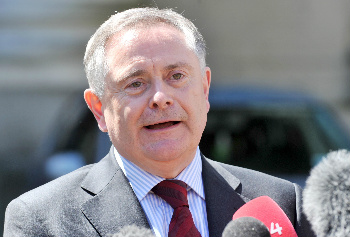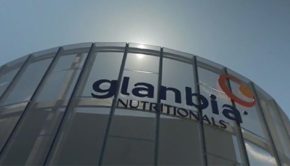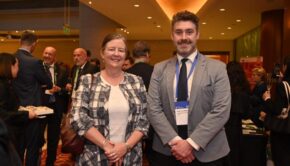Howlin admits sale of Lotto licence may yield lower upfront payment

Changes to regulations mean upfront payment could be halved, while good causes payments are secured
10 June 2013
The sale of the National Lottery may net just half of the forecast €600 million upfront, following changes to the licence format. "We’ve structured the deal so we have a very high payment for good causes and I don’t want to diminish that," said Public Expenditure Minister Brendan Howlin. "There’s a lot of conditionality with that and with margins for retailers, so I’m more content to have a lesser upfront payment.
"Last year good causes got around €220 million. Under the new scheme that we have now, we reckon that we can ratchet that up to €300 million over five years and that’s an ongoing stream of revenue," Howlin added.
"We need to get money now to invest, but we also need to have a robust streaming fund for good causes that holds the integrity of the lottery for people, who like to think that a chunk of the money will fund good causes."
Lottery operators G-Tech, Camelot and Australian firm Tatts are all in the running for the licence to run the lottery. An Post is also bidding in partnership with Camelot.
An Post’s decision to bid for the licence has raised eyebrows as it creates the bizarre situation where one arm of the State is bidding to buy another State asset. Howlin dismissed these concerns.
Some €200 million from the sale of the licence has been "ring-fenced" to be spent on the new children’s hospital, with the rest of the funding coming from the health capital plan.



 Print
Print





Fans 0
Followers